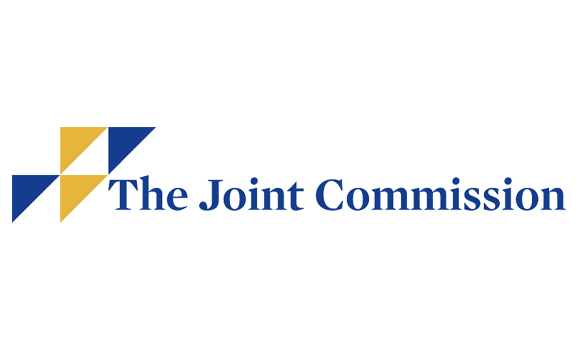Anesthesia staffing, communication, patient safety: Q&A with OR Manager Conference speakers

Editor's Note Capacity issues persist within the anesthesia workforce, leaving perioperative leaders tasked with maintaining efficient operations and safe practices for patients through surgery. We spoke with leaders from SCA Health, Stormont Vail Health, and Heartland Anesthesia & Consulting to find out other challenges anesthesia providers are facing, and how…
Studies highlight success strategies for combatting handoff communication failure, care inequity

Editor's Note Recent research sheds new light on addressing two of the most pressing problems for surgical care: handoff communication failures and care bias and inequities leading to adverse—and preventable—events. These problems are the subjects of two separate success stories in the August issue of The Joint Commission Journal…
Standardized handoff protocol improves OR communication

Editor's Note Findings published in the Journal of the American College of Surgeons show how a standardized handoff protocol can improve OR communication and reduce the risk of error, Medical Xpress reported on June 19. The study focused specifically on SHRIMPS, a standardized handoff protocol developed by the quality improvement…
AI model helps predict patient decline, drive collaborative care

Editor's Note An AI prediction model that uses near-real-time data to generate a patient risk score shows the promise of AI for helping physicians and nurses coordinate on patient care, according to findings published March 25 in JAMA Internal Medicine. Performed by researchers at Stanford Medicine, the study examined an…
Editorial: Perioperative leaders push teamwork, communication at 2024 AORN Expo

Left sniffling and sneezing after a whirlwind 4 days at my first AORN Global Surgical Conference and Expo in Nashville, Tennessee, I had more on my mind than whether the term “conference-acquired infection (CAI)” was officially part of the medical nomenclature, much less whether any studies had been done. I…
Many hospitals neglect best-practice suicide prevention

Editor's Note A study from the Joint Commission found that more than 25 percent of hospitals have not adopted any of the four policies identified by the organization as best-practice, evidence-based discharge practices for preventing suicide in at-risk patients. According to a March 12 report on the implementation gap…
Coordinating surgical care means precise staff handoffs
In every OR, the complicated dance of surgical care coordination—the series of handoffs between stakeholders throughout the surgery lifecycle—is performed mainly in the background. Those stakeholders include physician offices, schedulers, preadmission testing, insurance verification, vendors, sterile processing, supply chain, anesthesia, and surgical staff. But what does it look like when…
HCA, Google Cloud bringing generative AI to hospitals
Editor's Note The Healthcare Corporation of America (HCA), on August 29, announced a new collaboration with Google Cloud to bring generative artificial intelligence (AI) to its hospitals. Emergency department physicians at four HCA hospitals are already using Google’s AI technology and Augmedix to create accurate and timely medical notes from…
Back to basics: How collaboration can improve PACU patient flow
Healthcare technology can be a great thing, but nurses at Abington—Jefferson Health, in Abington, Pennsylvania, have discovered that sometimes stepping back from it is the best way to make progress. Going low-tech was the key that unlocked patient flow gridlock that had plagued the postanesthesia care unit (PACU). Before 2017,…
How prepared is your ASC to handle a surgical emergency?
Surgical errors and emergencies can happen at any time, at any facility. For ambulatory surgery centers (ASCs), a major challenge is finding official guidance on the topic. For the most part, it’s up to the individual facility to craft its own policies, competencies, and drills for OR emergencies. “The Association…

 Free Daily News
Free Daily News